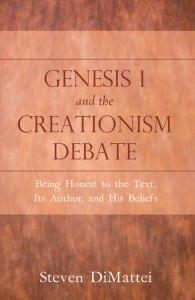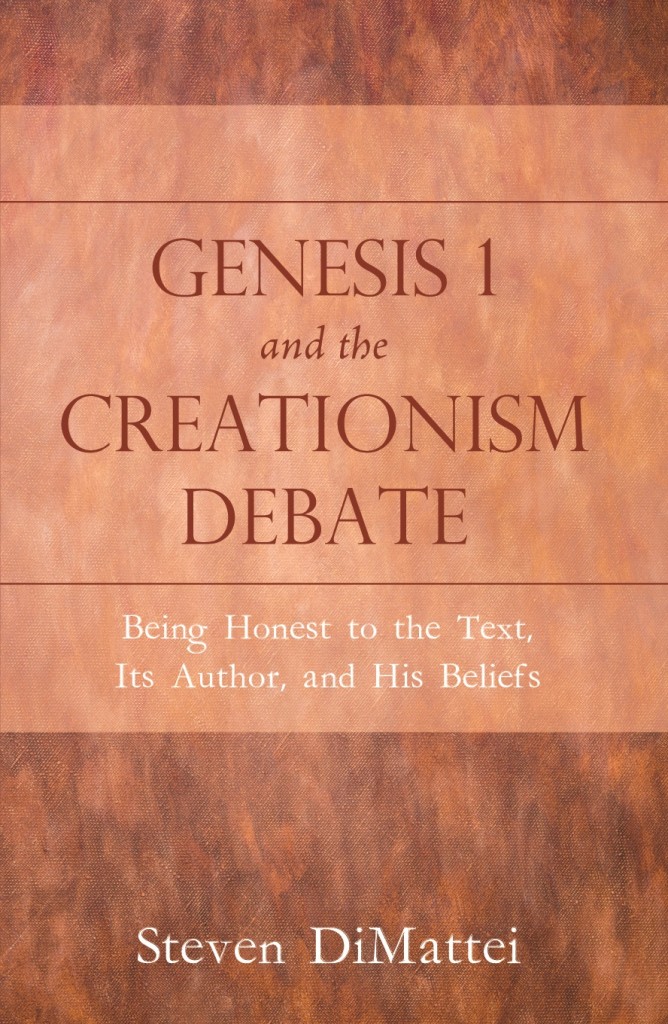Despite strong traditional and often authoritative interpretative claims that were formed centuries after this ancient text was written and devoid of knowledge about its historical and literary context, the opening of Genesis 1 does not depict a creatio ex nihilo, that is a creation out of nothing. The Hebrew text is clear on this point and recognized by all biblical scholars. Rather, what the text of Genesis 1:2 informs us is that when God began to create, earth—that is the material substance earth; the Hebrew ’eretz (earth) never means the planet Earth (see below)—already existed as a desolate, formless, inhabitable waste—a tohû wabohû in Hebrew—in the midst of a dark surging watery abyss (tehôm). This is the initial primordial state of creation that the creator deity inherits so to speak, and it is a prominent cultural feature in other ancient Near Eastern creation myths, from Egypt to … Read more
Contradictions in the Bible
Identified verse-by-verse & explained using the most up-to-date scholarly information about the Bible, its texts, and the men who wrote them.
-
My Books
 "DiMattei’s book is a refreshing call both for biblical literacy and for intellectual honesty in dealing with the Bible" —John J Collins (Yale).
"DiMattei’s book is a refreshing call both for biblical literacy and for intellectual honesty in dealing with the Bible" —John J Collins (Yale).
“Genesis 1 and the Creationism Debate is an accessible and useful book for those who seek to understand why creationism is flawed on biblical grounds”—Hector Avalos (Iowa U).
-
Recent Posts
-
In Defense of Jesus:
A Challenge To Those Claiming To “Follow Jesus” (part I) -
Genesis 1 and the Creationism Debate:
Being Honest to the Text, Its Author, and His Beliefs - Did Moses Lie to Us? A Textual Journey (Part III)
- Did Moses Lie to Us? A Textual Journey (Part II)
- Did Moses Lie to Us? A Textual Journey (Part 1)
- Genesis 1:1-2:3 on Its Own Terms and in Its Own Historical and Literary Context
- Genesis 1:1-2 — not a Creation ex nihilo
- Genesis 1:3-5 — Day is Light
- Genesis 1:6-8 — Life Inside a Water Bubble
- Genesis 1:9-10 — The Creation of the Material Substance Earth, Not the Planet!
- Genesis 1:14-19 — The Creation of the Luminaries to Keep Yahweh’s Festivals
- Genesis 1:24-28 — Mankind, More than just an Animal
- Genesis 2:2-3 — Sacred Time Embedded into the Creation
- Genesis 2:4b-25 on Its Own Terms and in Its Own Historical and Literary Context
- Genesis 2:4b — Observing Thematic and Stylistic Differences
- Genesis 2:5 — Man and Rain: Prerequisites to the Creation of Plants
- Genesis 2:6-7 — Yahweh Molds an Earthling!
- Genesis 2:18-20 — Man and the Animals from the Ground, Woman from Man
- Matthew’s Jesus and the Criterion of Righteousness
- Introduction to Forthcoming Contradictions in the Bible
- Style, Vocabulary, and Message
- The Book of Deuteronomy: A Brief Introduction
- Using Moses to Rewrite History
- The Bible’s Contradictory Stories and “Histories”
- How do we know that the biblical writers were not writing history?
-
In Defense of Jesus:
Recent Comments
No comments to display
Posts by Category
Archives
Follow Me!





